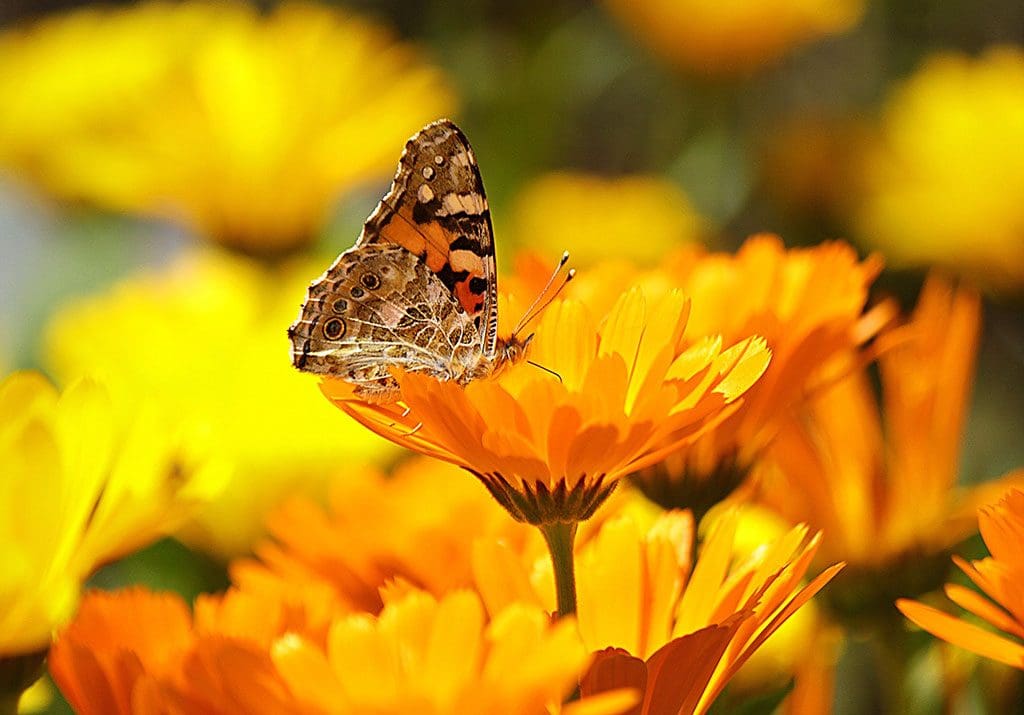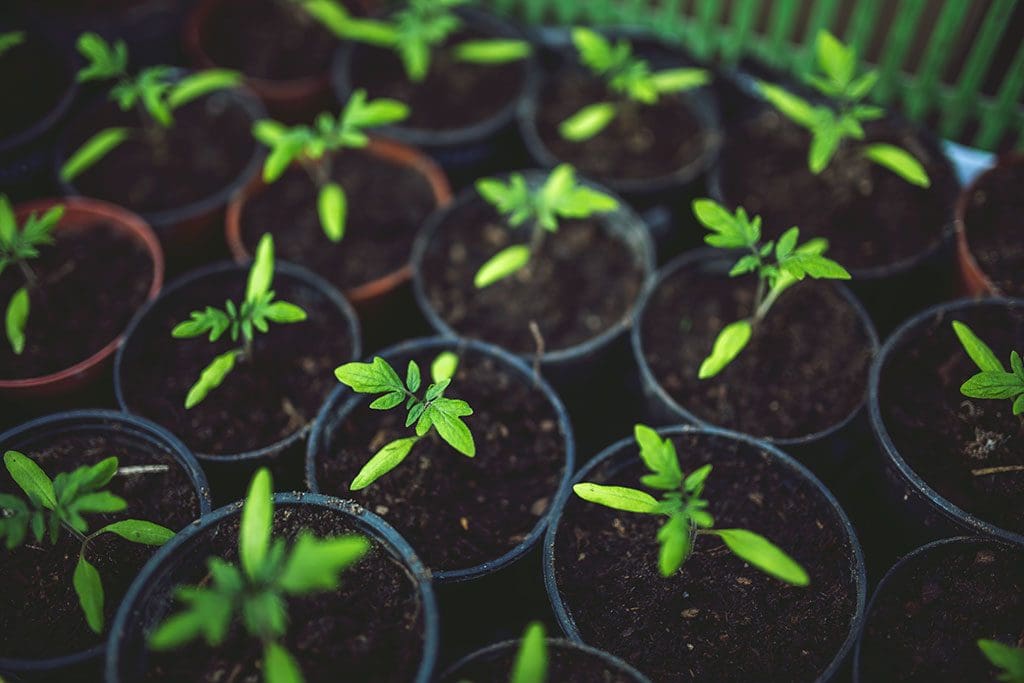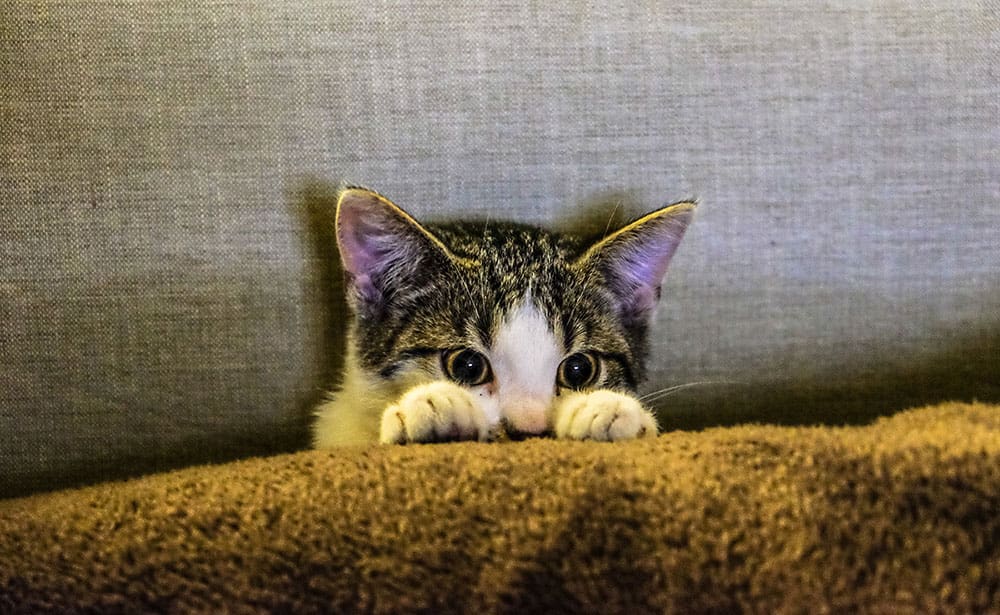Let’s face it: most trends are fleeting. All-denim suits? So 2001. But some fads stick around and if the last few years are any indication, then succulents (and lavish indoor gardens) are here to stay!
Not only are plants are an excellent way to brighten up a room, they can be fun for cats as well! But before you bring home that fiddle leaf fig (fashionable though it may be), take a look at our article, where a Raleigh, NC vet discusses which plants are safe for your feline friend!
Succulents
Let’s get down to business: the plants you’re probably most curious about are succulents. Lucky for you, some of the most stunning varieties are totally safe for cats! Not only that, they also happen to be some of the most widely available kinds: you’re likely to find Painted Lady, Echeveria, Hen-and-Chicks, and variegated Wax Plants at your local home improvement store!

Herbs
When it comes to creating a cat-conscious garden, one herb stands out among the rest: catnip! You probably know catnip as the tasty treat that your kitty can’t get enough of. But did you know you can grow it yourself, from the comfort of your own home? This herb is something that cats and cat owners alike can enjoy! Other feline-friendly herbs include such kitchen staples as rosemary, thyme, mint, and parsley.
Flowers
Flowers are an excellent way to add texture and color to your indoor garden! Just be sure you choose non-toxic species, such as Zinnias, Marigolds, and African Violets. If you’re an orchid or lily aficionado, take extra care to select the right ones, as there are many not-so-safe varieties.
Grasses
In addition to catnip, wheatgrass is another plant that cats can’t resist! It can be grown in a range of vessels, be it a small cup, large planter, or even a flat mat! Your furry friend will throw fashion to the wind and munch on it regardless, so the container style is up to you! In the same vein, you can also consider adding lemongrass to the collection!
Potted Trees
Potted trees are an opportunity to add height to your indoor plant sanctuary, and also happen to be exceptionally popular decor accents. Palms tend to be safe for cats, particularly the Ponytail, Peace, Parlor, Golden Butterfly, Good Luck, and Areca varieties. The Money Tree plant is also a safe and stylish addition.
Others
There are plenty of plants that do not fall neatly into any of the above categories, but are no less safe or exciting. These include some types of ferns (such as Boston Ferns), Spider Plants, Cast Iron Plants, Cliff Brake, Chocolate Soldiers and more!
 General Safety Tips
General Safety Tips
Besides the abundant availability of cat-safe plants, there are also many species that you should not bring home to your feline friend. Unfortunately, this includes many of the trendy varieties enjoying the social media spotlight. As we mentioned earlier, the Fiddle Leaf Fig can be dangerous if ingested and should be avoided. The same goes for philodendrons and elephant ears, which are extremely popular as well.
If there’s a plant you’re thinking of buying, we recommend that you consult the ASPCA plant database before you decide. They provide a comprehensive list of toxic and non-toxic plants so you can garden with ease!


 General Safety Tips
General Safety Tips
 How long do the effects last?
How long do the effects last?



